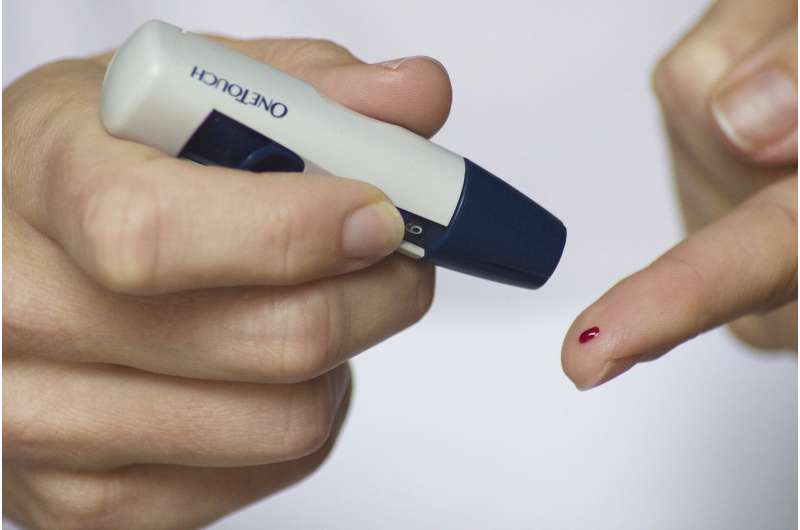Pilot program informs Baltimore doctors, nurses the latest in diabetes care standards

About 140 Baltimore-area doctors, nurses and nurse practitioners are among the first in the country to receive new training aimed at conveying the latest care standards for diabetes.
Primary care providers gathered Tues., Nov. 13 at the Sheppard Pratt Conference Center in Towson for "Diabetes is Primary," a sold-out conference by the American Diabetes Association that will touch on the latest treatments and technologies for diabetes.
About 11 percent of Marylanders have diabetes, and the majority rely on primary care providers to manage the condition rather than seeing specialists, said David McShea, executive director of the American Diabetes Association's Maryland chapter.
"The need is there to educate these doctors and nurses," he said.
Baltimore is one of a handful of cities and states where the association is piloting the program. Others include Atlanta, Los Angeles, Orlando, Fla., Shawnee, Kan., Illinois and Wisconsin. The association plans to expand the program to other cities in 2019, and McShea hopes to make the training session an annual event in Baltimore.
The conference covers topics including the best practices for preventing Type 2 diabetes, cardiovascular risk and treatment options, and managing obesity in patients with Type 2 diabetes.
"Things are advancing at such a quick rate when it comes to diabetes treatment, when it comes to medical technology, and the ADA is constantly updating their recommendations when it comes to them," McShea said.
Dr. Rita R. Kalyani, an endocrinologist and associate professor of medicine at the Johns Hopkins University School of Medicine, chaired the clinical guidelines committee last year for the American Diabetes Association, which updates its "Standards of Medical Care for Diabetes" each year to provide the most up-to-date clinical recommendations based on recent diabetes research.
Kalyani's discussions include the major changes made for 2018, including revised suggestions for tracking blood glucose levels in some patients, new cost information for insulin and other medications, recommendations for glucose-lowering agents that also have cardiovascular benefits, and details for managing diabetes in children.
Kalyani, who also serves as board president for the American Diabetes Association's Maryland chapter, said her team spent hours developing new clinical guidelines last year. But ultimately those guidelines can't be effective unless they're implemented.
"What we hope is that through this conference that primary care providers will be up to date on the latest recommendations for what is considered the optimal standard of care," she said.
Although those points are published online and printed annually, it can be tough for doctors and nurses to stay up to date on the latest standards.
"From a provider's viewpoint, it's very complex to keep up with all these guidelines," said Lois Kemple, a nurse practitioner at Greater Baltimore Medical Center. "Going to these types of conferences is the easiest way to do it."
Kemple specializes in palliative medicine and advanced care management, and she said about 90 percent of her patients have diabetes. She hopes to understand how to help her patients better manage their diabetes at the ends of their lives in the midst of other complications.
"If you can empower your providers to understand the tools that are available to help their patients, that's a benefit right there," Kemple said.
©2018 The Baltimore Sun
Distributed by Tribune Content Agency, LLC.





















